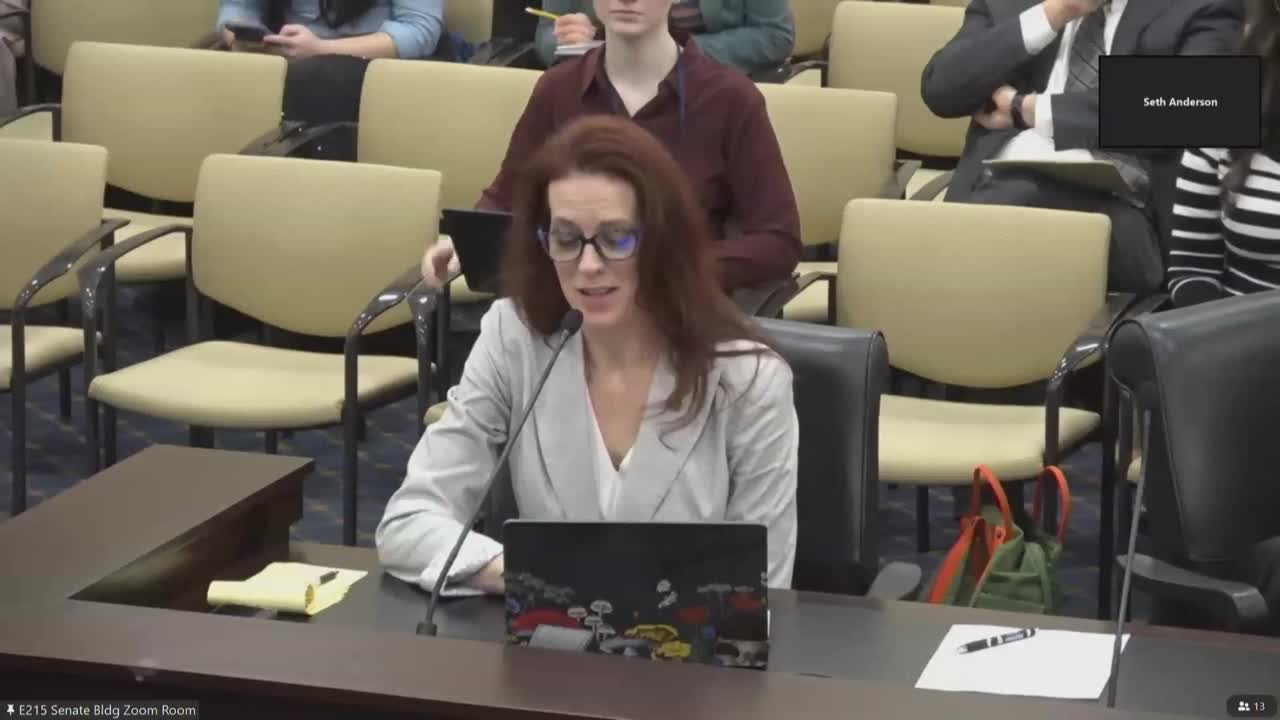Committee advances medical‑cannabis reforms, removes proposed ombudsman and adds oversight changes
Get AI-powered insights, summaries, and transcripts
Subscribe
Summary
The committee passed a fifth substitute of HB 203 that removes a proposed medical‑cannabis ombudsman, tightens licensing and oversight for processors and pharmacies, creates limited new pharmacy licenses under strict conditions, and increases reporting and appeal procedures.
A Senate committee on Feb. 20 adopted and favorably recommended a fifth substitute to House Bill 203, a package of changes intended to tighten oversight and clarify regulatory processes for Utah’s medical‑cannabis program.
Sponsor summary: the sponsor said the substitute removes a statutory medical‑cannabis ombudsman that stakeholders had not fully fleshed out and instead requires administrative-law‑judge review for appeals of citations and fines to add an objective hearing process. Other key elements include closing open licensure for processors, aligning patient‑interaction rules between processors and pharmacies, clarifying batch and manufacturing definitions, increasing reporting to legislators, and authorizing only two new pharmacies under strict criteria intended to serve medically underserved areas.
Public testimony and concerns: the hearing drew multiple public speakers in favor and opposition. Supporters included patients and industry representatives who said regulatory alignment and limited additional pharmacies would improve patient access and oversight. Opponents — including physicians and prevention groups — raised concerns about high‑potency products, diversion, youth access and whether expansion would increase availability of products to non‑patients. Testimony included a physician who cited studies on diversion, parents and youth‑service volunteers who argued the bill risked greater youth exposure, and industry speakers who described patient benefits.
Committee action: the committee adopted the fifth substitute and favorably recommended HB 203 to the full Senate. Senator Escamilla and others discussed the constraints in the substitute and urged continued stakeholder work. The committee recorded a favorable committee vote on the substitute that will send the bill to the full Senate for floor consideration.
What the substitute changes: among other items, the substitute— - Removes a proposed medical cannabis ombudsman; requires ALJ review for citation/fine appeals; - Closes uncontrolled processor licensing and limits processor entry; - Aligns patient interaction rules and product labeling/consumer information between processors and pharmacies; - Creates strict criteria and caps for two additional pharmacies to increase access in medically underserved areas; - Increases reporting and accountability to legislators.
Next steps: the substituted bill goes to the full Senate; further amendments or floor debate are possible.
